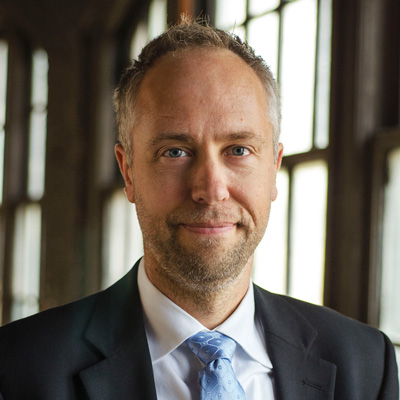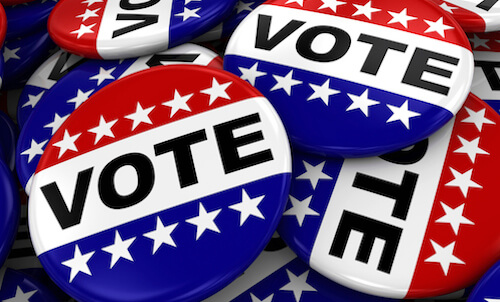For over a century, scholars have wondered why the United States has never had a viable socialist movement. Socialist parties in other Western democracies, such as Britain’s Labour Party and Germany’s Social Democratic Party, are regularly in and out of power, but the best socialist showing for president in the U.S. was Eugene Debs’s 6 percent in 1912.
Bernie Sanders has made socialism relevant again in this country. But will the U.S. join much of Western Europe in developing a successful socialist political tradition? Short of that, will the Sanders campaign ignite a new movement? Both are unlikely, at least for now, and a big part of the explanation why may lie in religion — religion inhibits socialism’s spread and explains its lack of political mobilization.
To understand the relationship between socialist values and religion, we used the 2013 Public Religion Research Institute’s “Economic Values Study.” As part of the survey, respondents were asked how much they agreed with a battery of statements regarding economic values, including “It is the responsibility of the government to take care of people who can’t take care of themselves,” The government should do more to reduce the gap between the rich and poor” and “The government should guarantee health insurance for all citizens.”
We combined these into a “socialism scale,” the results of which suggest the average American is just left of center.
The conventional wisdom is that the individualist, evangelical style of American religion is a strong antidote to socialism. If faith alone can lead you to salvation, then efforts to reshape society are beside the point. But the animosity between them has been more pointed, especially regarding so called “Godless communists” who portrayed religion as the “opiate of the masses.”
In these data, those who agreed that social problems would be resolved if enough people had a personal relationship with God were 20 percent less socialist than those who disagreed. A worldview that pits faith directly against collective action explains clearly why collectivist efforts have traditionally foundered in the U.S.
By the same token, Americans who are not religious (sometimes called the Nones) would be those most likely to hold socialist values. And indeed, this is what we find: Nones are 10 percent more socialist, on average, than religious Americans. The gap is greater among older people (15 percentage points at retirement age) and smaller among the young (5 percentage points at 18-24), perhaps because younger people are exposed to many more Nones and to greater economic insecurity than their elders.
In what may be seen as a cruel irony given Sanders’s difficulty with black voters, there is no such gap among nonwhite respondents — support for socialist values is high across the board. Even more, nonwhite respondents favor socialist values at equivalent levels as white Nones.
It seems that the Nones are key to socialism’s fortune. While their growth in numbers may lead to more openness to socialist ideas, that is by no means certain. Nones are at a disadvantage in politics precisely because they lack religious affiliation: Churches are the most widespread social organizations in the U.S.
Though not their primary purpose, churches connect individuals to political organizations and identities. Nones lack the organizational structure that helps connect their ideology to politics — in these data, 20 percent more young Nones are Independents than their religious peers, and they vote in very low numbers (about 12 percent in recent elections). Perhaps a portion of the lower than expected turnout among the young this nomination season can be attributed to the Nones.
Will socialism take hold in America in the near future? Though surveys continue to note majority support for socialist positions (especially among the young), its path is more difficult without the unifying and mobilizing force of religion.
For now, expect to see more of Hillary Clinton’s liberalism than Sanders’s democratic socialism.
First published in fivethirtyeight.com
Prof. Djupe was also recently featured on a 10TV news story about the Republican nominees.







